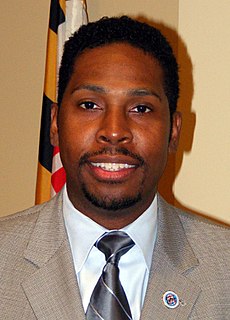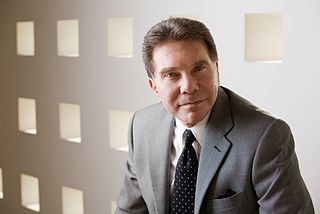A Quote by Craig L. Rice
our deeds have even less substance than we ourselves.
Related Quotes
My mother gave me a piece of bread, which was love and encouragement. The correction was the meat, the substance. And then she would sandwich that, sandwich that with another piece of bread, which was love and encouragement. That was very important in shaping and molding our morality, our understanding of ourselves, making sure that we didn’t think we were better than or less than anyone, feeling no more worthy or no less worthy than anyone else.
I encourage courtesy. To accept nothing less than courtesy, and to give nothing less than courtesy. If we accept being talked to any kind of a way, then we are telling ourselves we are not quite worth the best. And if we have the effrontery to talk to anybody with less than courtesy, we tell ourselves and the world we are not very intelligent.
Many of our feelings of satisfaction or dissatisfaction have their roots in how we compare ourselves to others. When we compare ourselves to those who have more, we feel bad. When we compare ourselves to those who have less, we feel grateful. Even though the truth is we have exactly the same life either way, our feelings about our life can vary tremendously based on who we compare ourselves with. Compare yourself with those examples that are meaningful but that make you feel comfortable with who you are and what you have.
Oh, it is wonderful to know that our Heavenly Father loves us—even with all our flaws! His love is such that even should we give up on ourselves, He never will. We see ourselves in terms of yesterday and today. Our Heavenly Father sees us in terms of forever. Although we might settle for less, Heavenly Father won’t, for He sees us as the glorious beings we are capable of becoming.
In the chapter on study we considered the importance of observing ourselves to see how often our speech is a frantic attempt to explain and justify our actions. Having seen this in ourselves, let's experiment with doing deeds without any words of explanation whatever. We note our sense of fear that people will misunderstand why we have done what we have done. We seek to allow God to be our justifier.


































